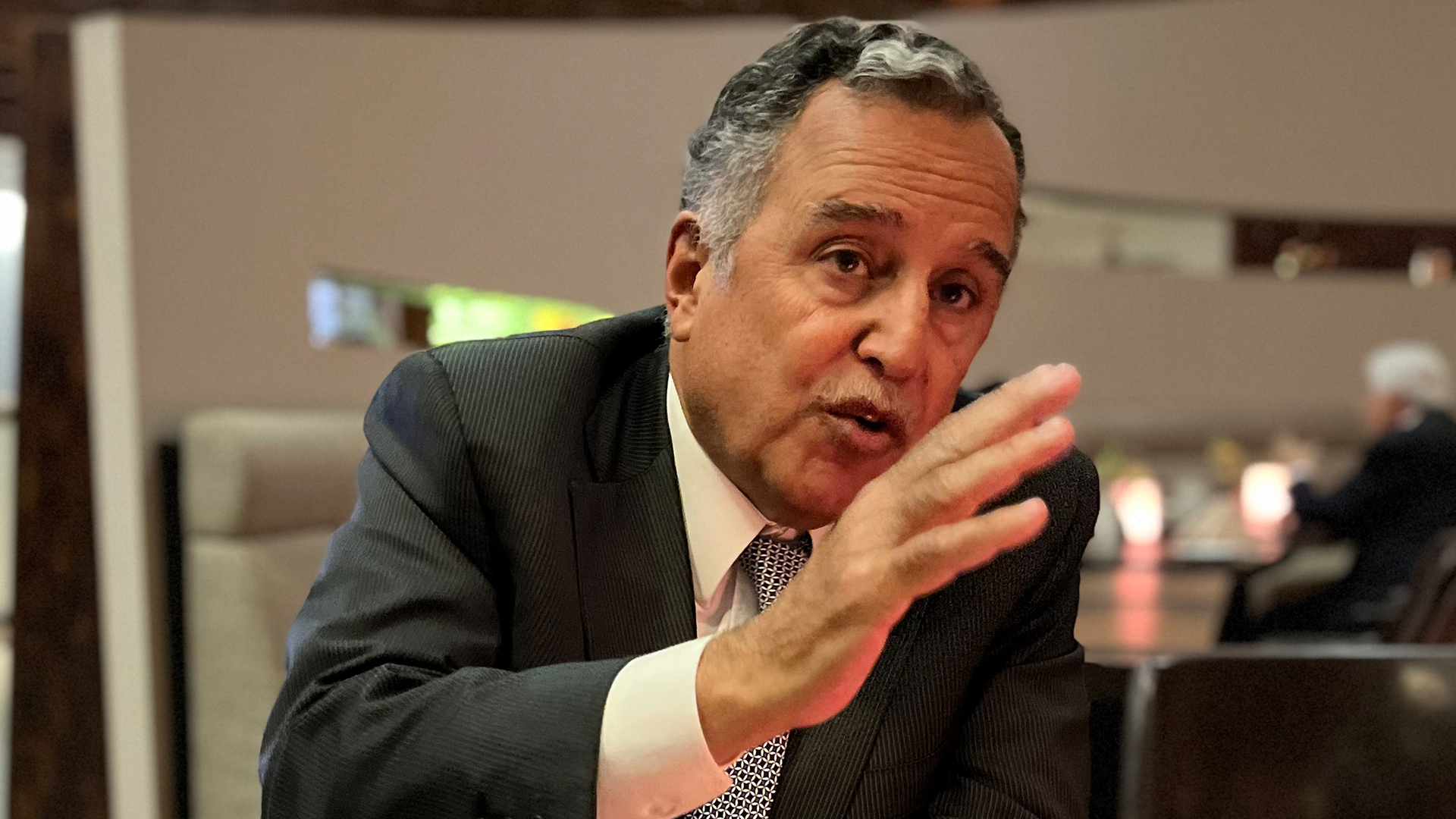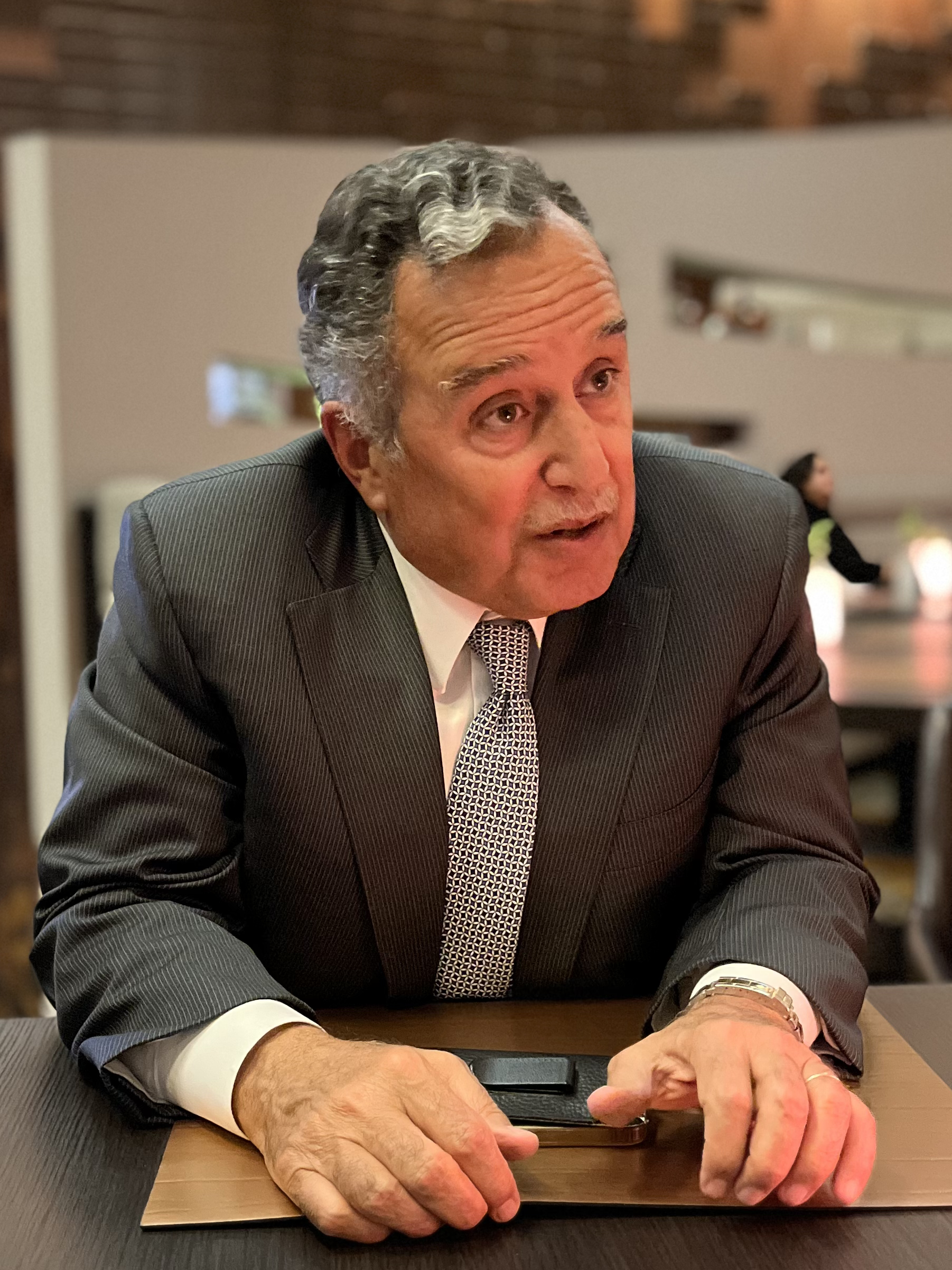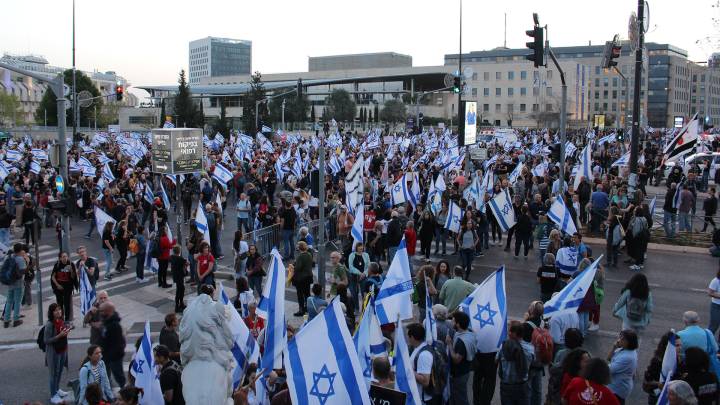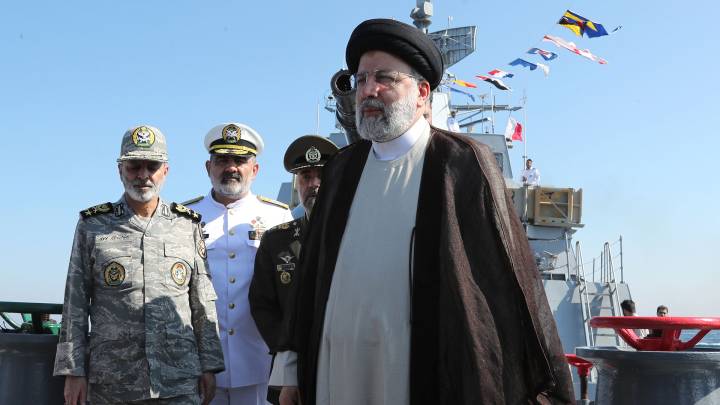Egypt’s former Foreign Minister Nabil Fahmy opens up about Cairo’s diplomatic efforts, Western support for Arab peace plans–and why Israel’s Rafah operation could affect the Camp David Accords.
zenith: What are the Western states missing with respect to Gaza? How could Europe constructively push Israel towards peace?
Nabil Fahmy: There needs to be security for everyone in the region. Looking at public opinion in the region, and in the rest of the world, the Israeli narrative of Israel being a democratic state under threat is no longer credible. If Israel wants to preserve its stature as a democratic state, carnage of the sort we are witnessing in Gaza is unacceptable. The problem is that politics in Israel today is split into two camps: the extreme right and the more extreme right. Under normal circumstances, the Israeli center is much more amenable to search for a diplomatic solution. Serious negotiations would also force Hamas to change and to publicly accept the peace process.
What specific role should Germany play in this endeavour?
How can you accept Israeli actions today? Germany has raised the banner of human rights, of the rule of law, on multiple occasions. So, any occupation of territory by force should be seen as a violation of international law. Israel’s legitimate concerns do not justify the occupation of the territory. After five months of “self-defense”, when will Israel stop? Can they kill every Palestinian, hoping to find another hypothetical Hamas fighter? With 30,000 people killed–among them 70 percent women and children–can Israel convincingly claim to follow international law?
What expectations do you direct at Germany’s foreign policy?
I understand Germany will want to continue supporting Israel, but also recognize the state of Palestine, which is under occupation, based on the 1967 borders. Germany should also support the Arab Peace Initiative…
ՙThe Gaza crisis is not about a compromise and incremental progress, but about ending the Arab-Israeli conflict՚
…the peace plan, that Saudi-Arabia presented in 2002, that would fully normalize relations in exchange for an end to the occupation of the West Bank and the Gaza Strip. How do you see the Western response to the immediate humanitarian situation?
Western political leaders argue that they oppose Israel’s operations in Rafah, unless Israel can guarantee that massive civilian casualties can be avoided. Hasn’t that already happened? The people in Rafah have lost almost everything. The US also vetoed a temporary ceasefire resolution in the Security Council. I find that bizarre.
What role does Egypt play in these negotiations and how does the diplomatic cooperation with Qatar work in practice?
Initially, Egypt had a security-focused role: we intended to stop major Israeli operations in Gaza, for example by reaching a deal for the release of a few hostages. Under normal circumstances we would talk security with Hamas and talk politics with the PA. That was our dichotomy on Palestine, whereas the Qataris were more comfortable talking politics with Hamas. Egypt and Hamas do not see eye to eye politically. Right now, though, we engage all parties on the immediate concern which is to end the present crisis in Gaza.
Nevertheless, a vision for a political solution remains important.
Technical negotiations could help work out practicable, complementary security arrangements. But the endgame is peace: that is what is at stake. The Gaza crisis is not about a compromise and incremental progress, but about ending the Arab-Israeli conflict and ultimately about normalizing relations between all Arabs and Israelis. Us Arabs are willing to work towards peace–if the endgame is in sight.
ՙWe do need a clear timeframe: with the Israelis, everything is indefinite՚
Benjamin Netanyahu still insists on “total victory over Hamas”. Which consequences for a political solution of the Israel-Palestine conflict do you infer from this stance?
The term “total victory” generates the sentiment, that Israel wants to achieve its goals in the region by force. That Egyptian government believes such an attitude would be counterproductive. In the past, we did not support Hamas politically, but the problem is the wider Israeli-Palestinian conflict and the mutual cycle of violence, that has been recurring for 70 years. Egypt’s philosophy is that politics and diplomacy are the answer to this, not military force. If Hamas was defeated tomorrow, that would simply spawn a second, third and fourth Hamas. Many Arabs no longer actually believe that the Israelis want peace.
Which scenarios do you see for the future of Gaza? Under which conditions would the Arab states be willing to take on some responsibility, at least temporarily?
Egypt will not help on the ground without an agreement, nor will we take significant numbers of non-injured Palestinians that were forcibly displaced. It is important to differentiate humanitarian aid from resettlement efforts here: Of course, we will continue to take injured Palestine and foreigners. Understandably however, Egyptians are still reluctant to propose a comprehensive plan, entailing complex security arrangements, because they are worried about being rejected. Egypt will not announce anything without international approval just yet. Such an agreement would have to be substantial, not just symbolic. That would also get the Gulf states on board, to help with reconstruction in Gaza. Egypt and Jordan could train people. But we do need a clear timeframe: with the Israelis, everything is indefinite. They never return anything, whether it is people or land.
How serious do Egypt’s government and security establishment take the threat to its own peace agreement with Israel?
We are concerned not only with the Israeli operation on the border, but also the accumulation of displaced people there. Egypt needs to fully enunciate this position, convey it to the Israelis and the UN Security Council. And we need to take preliminary actions, showing that we are serious about this. The violation of our territorial integrity would be a major national security issue. But Egypt is not going on the offensive. The ongoing developments are transparent: we can see what the Israelis are doing, and vice versa. Egypt cannot allow the border to be overrun. Israel must respect that red line.
Would Egypt go so far as to suspend or terminate the peace agreement with Israel?
The Egyptian reaction will depend on the concrete Israeli actions. I have not been briefed on which specific scenario would elicit which specific reaction. Egypt looks at the use of force as the last resort and will always try to solve things diplomatically. But national security is a delicate matter.
Nabil Fahmy (73)





